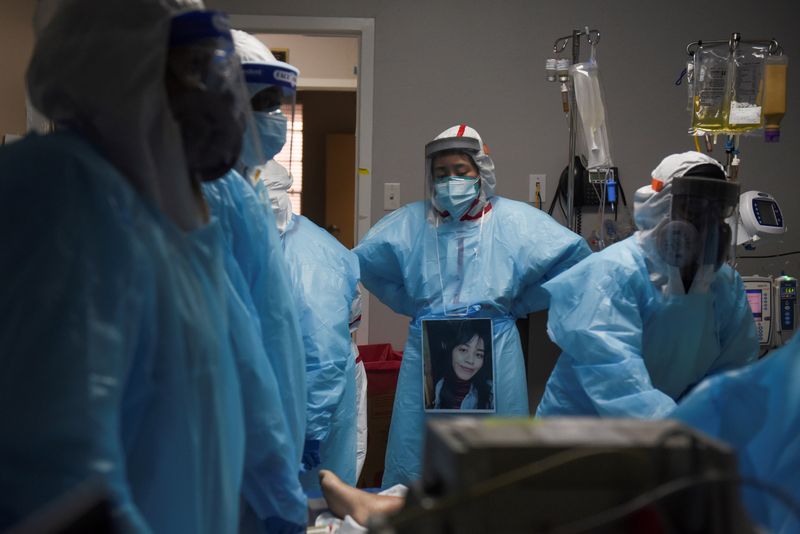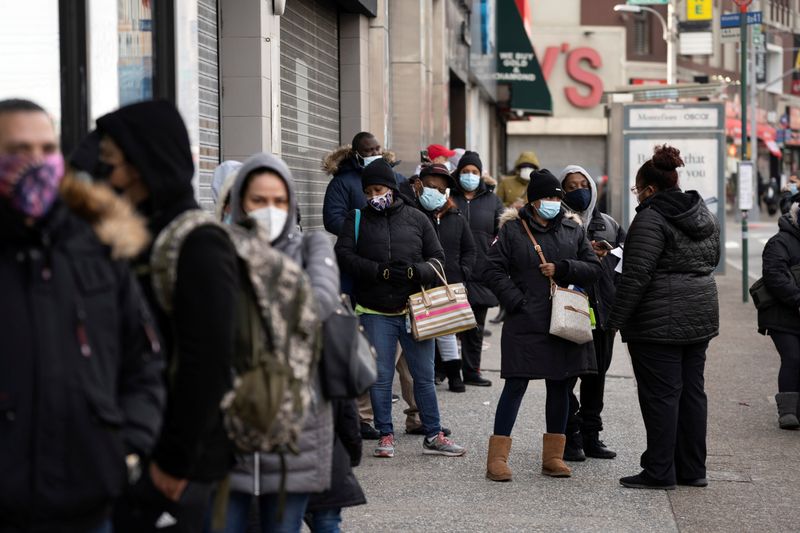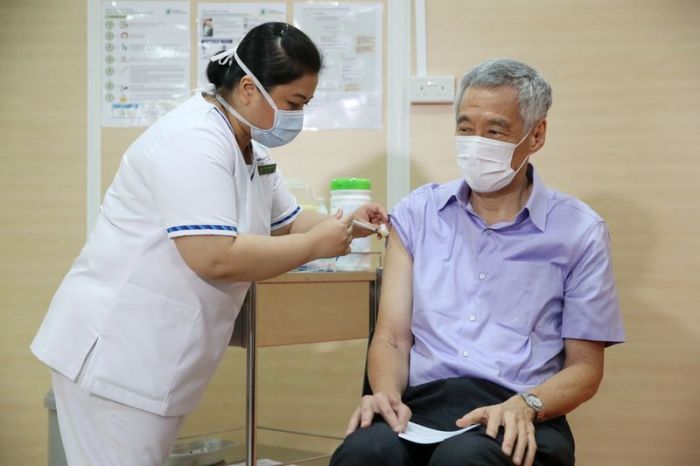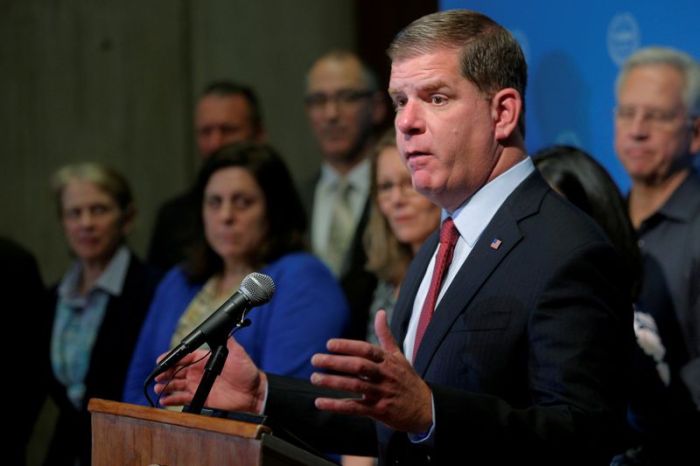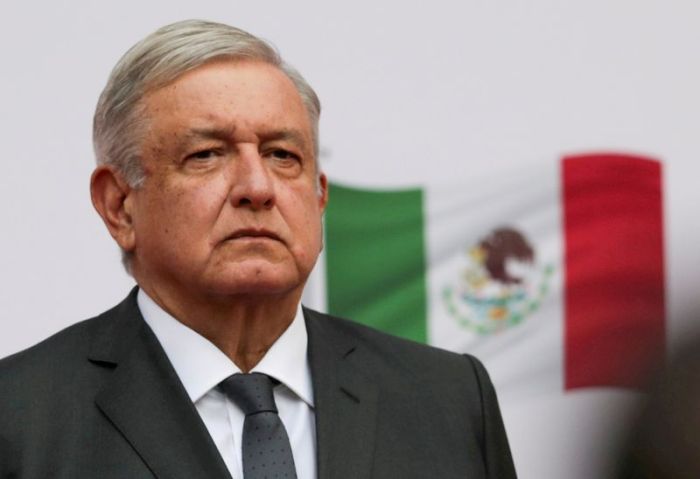(Reuters) – U.S. health officials sought to speed up the sluggish pace of COVID-19 vaccinations on Thursday, as the coronavirus claimed over 4,000 American lives for a second straight day and employment data showed the pandemic further stifling the job market.
As of Thursday, roughly 6 million people across the United States had received a first injection of the two-shot vaccines, accounting for less than one-third of more than 21 million doses shipped to date, according to the U.S. Centers for Disease Control and Prevention.
That number falls far short of the 20 million vaccinations the U.S. government had vowed to administer by the end of 2020 as the pandemic raged largely unchecked with ever-increasing record numbers of infections, hospitalizations and deaths.
The contagion and strict public health measures imposed to contain it have also wreaked havoc on business activity.
A closely watched Labor Department report set for release on Friday was expected to show that the U.S. economy in December created the fewest jobs since the outbreak of the pandemic in March and may have even shed workers. [nL1N2JI2LC]
More than 270,000 new U.S. infections were reported on Thursday and COVID-19 hospitalizations stood at 132,046 patients, down slightly from Wednesday’s record tally. The respiratory virus killed 4,002 Americans on Thursday alone, just under Wednesday’s record 24-hour toll of 4,008 deaths.
The latest surge has been compounded by the spread of a new, more infectious coronavirus variant first detected in the United Kingdom that has now been found in at least eight U.S. states, including California, Colorado, Florida and New York.
Pennsylvania and Texas became the latest two states added to the list on Thursday, but health officials say spread of the UK variant will likely accelerate across the country in the weeks and months to come.
RAMPING UP VACCINATIONS
With the pressure on healthcare systems growing by the day, political leaders announced steps to quicken the rate of inoculations.
On Wednesday, top health officials announced plans to start distributing COVID-19 vaccines through pharmacies around the country earlier than expected this week as states have struggled to administer supplies they have received.
The partnership with 19 pharmacy chains will eventually allow the Trump administration’s Operation Warp Speed program to deliver vaccines to as many as 40,000 locations around the country, U.S. officials said at a news conference on Wednesday.
U.S. Health and Human Services Secretary Alex Azar also told governors to not let vaccines go unused due to policies requiring healthcare workers get the shots first.
If states are struggling to distribute the vaccine, “then by all means you want to be opening up to people 70 and over or 65 and over,” he said.
Public health officials say that about 25 percent of healthcare workers are declining the vaccine.
New York Governor Andrew Cuomo and New York City Mayor Bill de Blasio have bickered over the best vaccination plan in the state, which has recorded more than 38,000 COVID-19 deaths, by far the most of any U.S. state.
On Thursday, de Blasio sharply criticized Cuomo for shutting down the mayor’s plan to start vaccinating a second group of people in the state, which includes people 75 or older and frontline “essential” workers.
De Blasio said New York City’s public hospitals have thousands of available shots due in part to healthcare workers declining vaccinations. Cuomo argues that all healthcare workers should be vaccinated first before the state opens up inoculations to other residents.
In neighboring New Jersey, Governor Phil Murphy said on Wednesday that vaccinations are being offered to police, firefighters and other essential workers.
“It is not necessary to vaccinate all individuals in one phase before moving on to the next phase,” Judy Persichilli, the state’s health commissioner, said at a news briefing alongside the governor.
(Reporting by Maria Caspani, Barbara Goldberg and Michael Erman in New York, Lucia Mutikani in Washington, Anurag Maan in Bengaluru, Lisa Shumaker in Chicago and Dan Whitcomb in Los Angeles; editing by Bill Berkot, Dan Grebler, Jonathan Oatis and Raju Gopalakrishnan)

